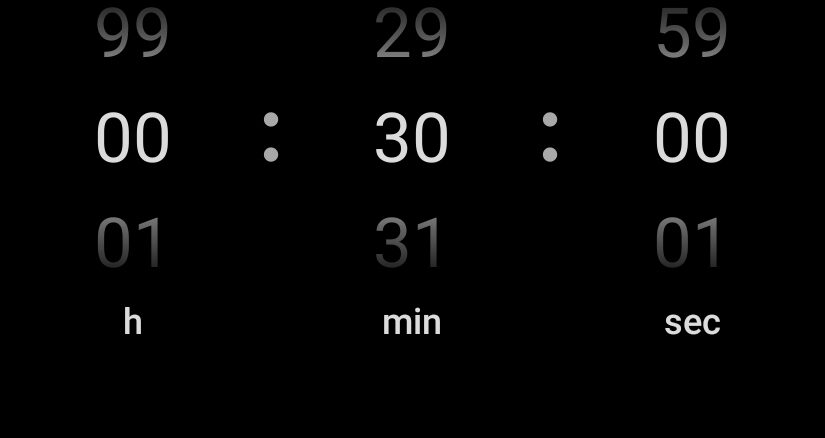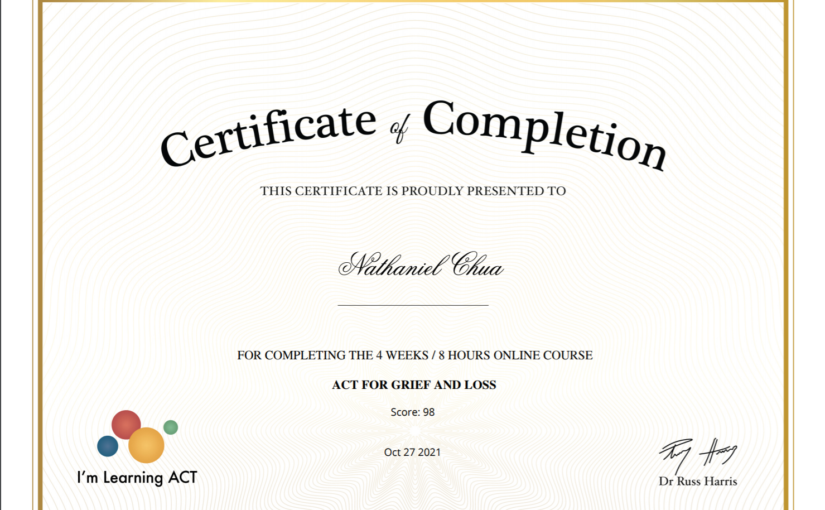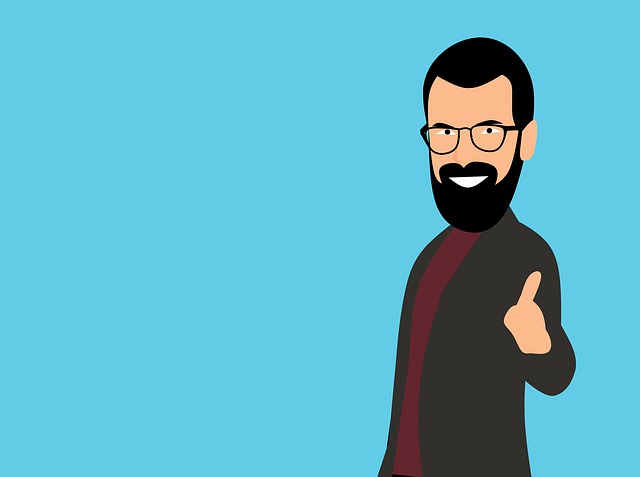by Nathan Chua
How was your day? Toxic! How often have you and I heard this from a partner, friend, co-worker, or even ourselves? It may be unsaid, but in our subconscious, that normally means we had a day with really “bad” emotions. The mantra seems to be, we have to be feeling good at least most of our day to make it a day worth our while. The toxic day becomes nothing more than one that’s wasted, forgotten, and thrown into the garbage bin, a part of the many insignificant moments of our personal history.
This is often thrown around in media and online circles as positive thinking. The undisclosed rule here is, we need to have positive feelings in order to move forward with whatever it is we want to do with our relationships, careers, etc. We flip it around and we come up with the opposite rule, negative feelings equals a negative life or a life that is spent dwelling in negative thoughts. Simply stated, negative feelings mean you can’t do much that’s productive. These unwanted feelings cause us to do bad stuff or become unproductive.
Much of this comes from what we learn as kids from our parents. The ultimate babysitter rule is don’t be angry cause anger causes you to act badly towards your siblings. What’s so bad about learning that, you might ask? One way to answer this is with a question. Why do you think there are some men out there who believe that anger causes them to lose control of their actions? It’s because these men were trained to think that the emotion of anger is the invisible thing that causes them to become violent. But nobody ever got into trouble with anger. It is what we do with our anger that does that.
Another problem that this rule about avoiding negative feelings can create, is that we can believe that we should remain positive even in situations that would normally cause us to feel sad or anxious. This way we become insensitive to context. We pretty much saw this in certain events when the Covid 19 pandemic struck. Some people remained optimistic that the virus was going to just go away and threw caution to the wind. Positive thinking in this context works rather poorly in saving lives.
Emotions are there to give us messages that there may be something here that is important to us. In what ways, you may ask.
Here are some ways our negative emotions can be helpful to our well-being:
- When our kid crosses the street: Without the fear that our child could get badly hurt in a car accident, we would not grab the child out of danger when they attempt to put one foot out on the street. The so-called “negative” emotion can be just the thing to keep us breathing.
- When we visit the grieving: Without sadness, we will not be able to be present with the people who had suffered a loss. I mean, wouldn’t you think the grieving would feel more comforted when they know that they are not alone in their sadness, guilt, fear, and whatnot?
- When we date: Without having a clear sense of our feelings while we are on a date, we could end up with multiple relationships that are abusive. For instance, if you do not sense that this person makes you feel unimportant because they only want to talk about themselves, then you might be in for a rude awakening some day. You miss an opportunity to say no to your date and find another one who may make you have a sense that your evening, your ideas, and your feelings matter as much to them as they do to you.
- When we want to discover who we want to be: The most difficult feelings we have usually tell us about what truly matters to us. If we care about friendships, then we would naturally feel anxiety when we are in a situation where friendships can be made. If we care about being accepted, then the possibility of rejection is something that would mortify us. Behind the anxiety and the fear of rejection we often miss the idea that being sociable and being accepting matter to us dearly. If they didn’t matter, they wouldn’t hurt! Are being sociable and accepting qualities we would want to run away from? If we do (primarily because we don’t want the pain that comes with these qualities of being), we lose chances of discovering who we want to be. And time can go by really fast without us noticing that we have been so busy pursuing relief from the pain but not really being the sociable and accepting person we want to be.
As you see, we have feelings for good reasons. That’s just how we were built in order for us to survive and succeed in cooperative groups; for we did evolve successfully in groups. We are not the solitary type of species.
Furthermore, not wanting to feel bad means we can’t be happy either! How does this happen? Think about that trip you made to Boracay. If you are the type who does not want to feel disappointed, then you would not want to feel too bad when your vacation ends. We end up living a flat life with very little adventure since full-on enjoyment reminds us of full-on disappointment. To paraphrase a renowned psychologist, your mind is like your hand, it cannot choose what it can feel. Your hand will feel both the rough and the smooth surfaces. We can’t tell our hands to only feel the good stuff.
On a final note, I want you to notice the difference between making a presentation with the goal of getting it over and done with, and how you’d feel if you made the presentation regardless of how hard it was emotionally, simply because it was important for you to do it for an audience that you cared about. The former will probably be more about a sense of relief, while the latter would most likely give you an experience of accomplishment and satisfaction. Now, which side would you like to be on?
Remember, both situations have anxiety in common. One though wants to run away from it, while the other knows anxiety is just part of the deal of pursuing meaningful ends. Neither of them want anxiety, but one of them accepts it for a cause greater than what they feel. So the question you would want to ask yourself is, “Would you be willing to have something you don’t like, to gain something that you do want?” In other words, would you prefer living a life pursuing relief or a life pursuing satisfaction, meaning, and purpose, because as I often like to remind you, my audience, we all have One Life Only!










